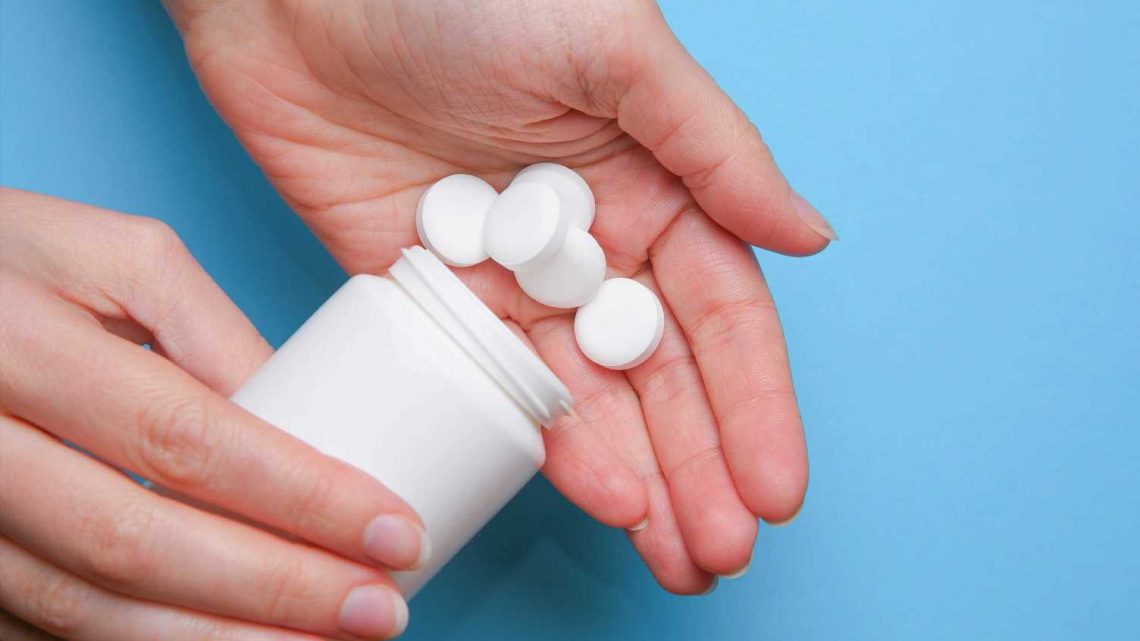
Man so sick doctors thought he had cancer had actually just overdosed on common supplement | The Sun
07/06/2022A MAN so sick that doctors thought he had cancer had in fact overdosed on a common supplement.
And NHS experts are concerned that taking excessive amounts of vitamins is becoming a growing problem.
The unnamed middle-aged man, from Kent, started taking a cocktail of supplements after seeing a nutritional therapist.
He took 20 over-the-counter pills every day in the pursuit of health.
The daily requirement for vitamin D is 600mg, but the patient was taking more than 80 times that, at 50,000mg each day.
He was also taking around 20 times the recommended daily dose of omega-3, vitamin B2, vitamin B6 – 2000mg twice daily compared to 200-500mg.
Read more on supplements
How many paracetamol are dangerous?
Major change to NHS prescriptions announced – are you affected?
The body makes vitamin D in response to sunlight, but it can also be consumed in some foods, such as oily fish.
In the winter months, it’s a little harder to get – especially for people of darker skin or older age – and the NHS recommends everyone take a supplement.
But there are limits, and an overdose is possible and life-threatening, experts have warned in the journal BMJ Case Reports.
A month into his health kick the man began to feel unwell.
Most read in Health
MEATY ISSUE Urgent warning over traces of deadly superbug found in supermarket meat
What your man’s orgasm says about them and how confidence in bed isn’t all good
I’m a dreams expert – here’s what 10 common dreams really mean
Thousands of bowel cancer deaths could be avoided if NHS made simple change
But despite stopping, the vitamins were already in his system and he was unable to shake his sickness.
He was referred to hospital by his family doctor after complaining of abdominal pain, leg cramps, tinnitus, dry mouth, increased thirst and diarrhoea.
He had lost 12.7kg (2st) and was having recurrent vomiting and nausea.
Tests for cancer, such as MRI scans, came back as negative.
But blood work showed that the man had vitamin D levels seven times over the level required for sufficiency.
The amount of calcium in his blood was also very high, and magnesium levels were slightly elevated.
Taking too many vitamin D supplements can cause a calcium build-up (hypercalcaemia) which can weaken the bones, damage the kidneys and the heart.
And it was soon discovered that the patient’s kidneys were failing.
His medical health history included tuberculosis, an inner ear tumour that had caused hearing loss and meningitis.
During an eight-day hospital stay, the patient was pumped with intravenous fluids to flush out his system.
Two months later, his calcium levels had returned to normal but his vitamin D level was still worryingly high.
The doctors said vitamin D toxicity can last for several weeks as it takes at least two months for half the effects to wear off.
Vitamin D overdose, called hypervitaminosis D, is rare.
However, the paper said: “Globally, there is a growing trend of hypervitaminosis D, a clinical condition characterised by elevated serum vitamin D3 levels.”
NHS doctor Dr Alamin Alkundi, who looked at the case, said it highlights potentially dangerous supplements "that are largely considered safe until taken in unsafe amounts".
Women, children and surgical patients most likely to be affected, write the authors.
The symptoms are mostly induced by sky-high calcium levels, as vitamin D is involved in the regulation of calcium.
A person struck down may suffer confusion, vomiting, abnormal heart rhythm and drowsiness.
Read More on The Sun
I’m a jeweller – my least favourite engagement rings & what to do if you hate yours
Spain holiday warning as UK gov issue new summer travel advice
Vitamin D has a number of benefits; not only does it keep bones, teeth and muscles healthy, but it’s been linked to a lower risk of dementia, asthma, eczema and respiratory infections.
It was thrown into the limelight during the Covid pandemic, when various studies claimed it could protect people against serious disease.
Source: Read Full Article










